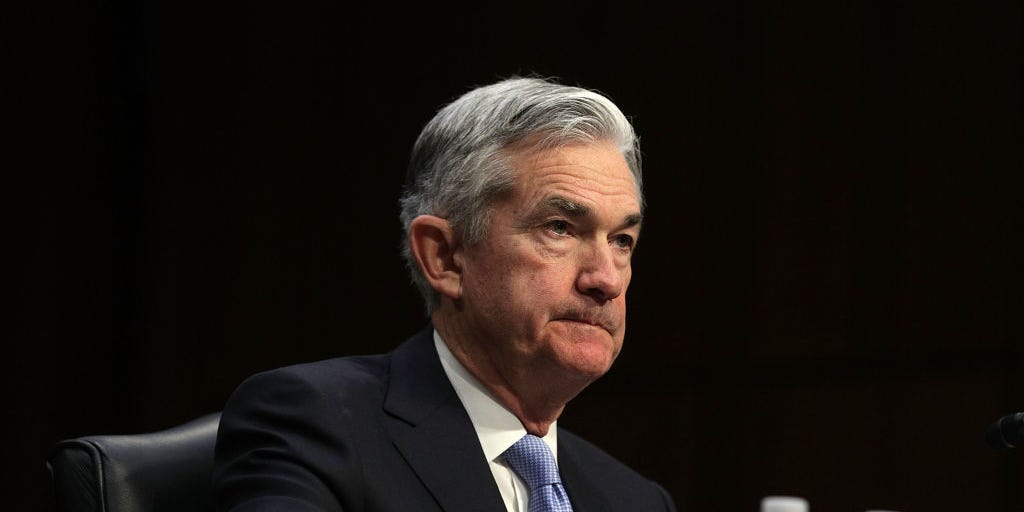- Markets have misinterpreted the Fed's recent statements, former New York Fed President William Dudley said.
- Dudley thinks markets are wrong for expecting rate cuts in 2023, predicting the policy rate would rise past 4%.
- The central bank will be wary of cutting, Dudley said, wary of loosening policy too quickly and causing stagflation.
Stocks have rallied since the last Federal Reserve meeting, and since data showed inflation easing in July. But markets have misinterpreted the Fed's statements on its approach to fighting inflation, and the central bank will likely push its benchmark rate past 4%, according to former New York Fed President William Dudley.
The S&P 500 has rallied nearly 15% to 4,294 from its mid-June low of 3,666, a sign that investors are starting to turn bullish after the Fed initiated its second 75 basis point rate hike last month. In another encouraging sign, July's Consumer Price Index showed inflation cooling off from June's red-hot 9.1%.
But Dudley thinks that optimism may be premature considering the amount of work the Fed still has to do.
"I think the Fed is going to be higher for longer than what market participants understand at this point," Dudley said in an interview with CNBC.
He added that he believed investors "misread" Fed Chair Jerome Powell's statements after the July meeting of the Federal Open Market Committee, where he suggested the policy rate had hit a "neutral" level. It "likely will become appropriate" for the FOMC to slow the pace of its rate hikes as officials gauge how much they want to tighten financial conditions, Powell said in the July 27 press conference.
Markets have interpreted that to mean the Fed will soften future rate hikes and begin cutting in 2023. However, Dudley noted the current unemployment rate, which slipped to 3.5% in July, is still too low for the Fed to significantly loosen policy.
And while headline inflation had been quelled by falling energy prices, price growth in other areas of the economy remains elevated, meaning the Fed still has more room to tighten before getting close to its 2% inflation target.
"The problem here is that the market doesn't believe Powell when he says he wants to get inflation back down to 2%. They think basically that [if] inflation is 3% in the middle of next year and the economy is soft, the Fed will relent," Dudley said. "I believe Powell means what he says, but it's going to take time for the market to understand that."
Other Fed officials have reinforced Powell's messaging in the wake of the bull rally, possibly looking to get market participants more in line with the central bank's stance. Forecasts that the Fed will soon start cutting rates are "a puzzle to me," Mary Daly, president of the San Francisco Fed, said in an early August interview, adding the hiking cycle is "nowhere near almost done."
Chicago Fed President Charles Evans made similar remarks, saying it will take more time and data to know "if we have a lot more ahead of us."
Dudley added that the Fed would likely need to hike interest rates past 4%, and said that he doubts rate cuts are coming anytime soon. The Federal Reserve, he said, needs to see a strong downwards trend toward the 2% target before making any sort of dovish pivot, or else it runs the risk of repeating the mistakes of the 1970s when the Fed loosened policy too quickly and kicked off a period of stagflation.
"Chair Powell doesn't want to do that, so they want to be highly confident they solved the problem of inflation," Dudley said, warning against premature optimism.
Dit artikel is oorspronkelijk verschenen op z24.nl
